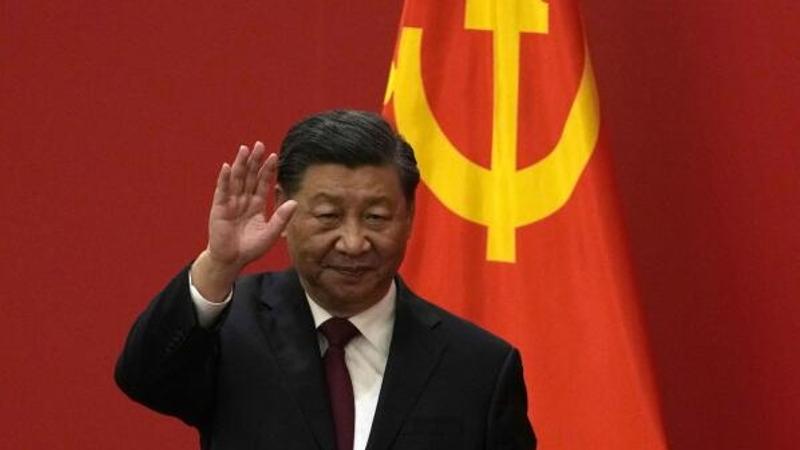Published 20:57 IST, September 15th 2024
China Opts Out of International Pact on AI Race
The summit, attended by representatives from over 90 countries, resulted in a nonbinding blueprint agreed upon by about 60 nations, including the US.

China chose not to sign a new international agreement aimed at setting limits on the use of artificial intelligence (AI) in military applications, joining around 30 other nations that also opted out. This decision came during the Responsible Artificial Intelligence in the Military Domain (REAIM) summit held in South Korea earlier this week.
The summit, attended by representatives from over 90 countries, resulted in a nonbinding blueprint agreed upon by about 60 nations, including the United States. The agreement seeks to establish safeguards to ensure that AI systems used in defense and military contexts always have human oversight.
Why did China opt out?
AI expert Arthur Herman, senior fellow and director of the Quantum Alliance Initiative at the Hudson Institute, noted that while China's choice to opt out might raise eyebrows, it reflects Beijing's general reluctance to join international agreements that it did not help design. “What it boils down to … is China is always wary of any kind of international agreement in which it has not been the architect or involved in creating and organizing how that agreement is going to be shaped and implemented,” Herman said to Fox News. He added that China views such multilateral efforts as potential constraints on its ability to leverage AI for military advancements.
Here is what you need to know
The blueprint aims to address concerns about the rapid speed at which AI systems operate, especially in military settings. Herman emphasized the importance of maintaining human control over critical decisions. “The algorithms that drive defense systems and weapons systems depend a lot on how fast they can go,” he explained. “If the decision that the AI-driven system is making involves taking a human life, then you want it to be one in which it’s a human being that makes the final call about a decision of that sort.”
Leaders from nations at the forefront of AI development, including the U.S., stress that keeping a human element in high-stakes battlefield decisions is crucial to avoid unintended casualties and prevent conflicts driven solely by machines.
While China’s absence from the agreement signals its hesitation to accept externally imposed regulations, the blueprint represents a significant effort by many nations to ensure ethical oversight in the burgeoning field of military AI technology.
Updated 20:57 IST, September 15th 2024




